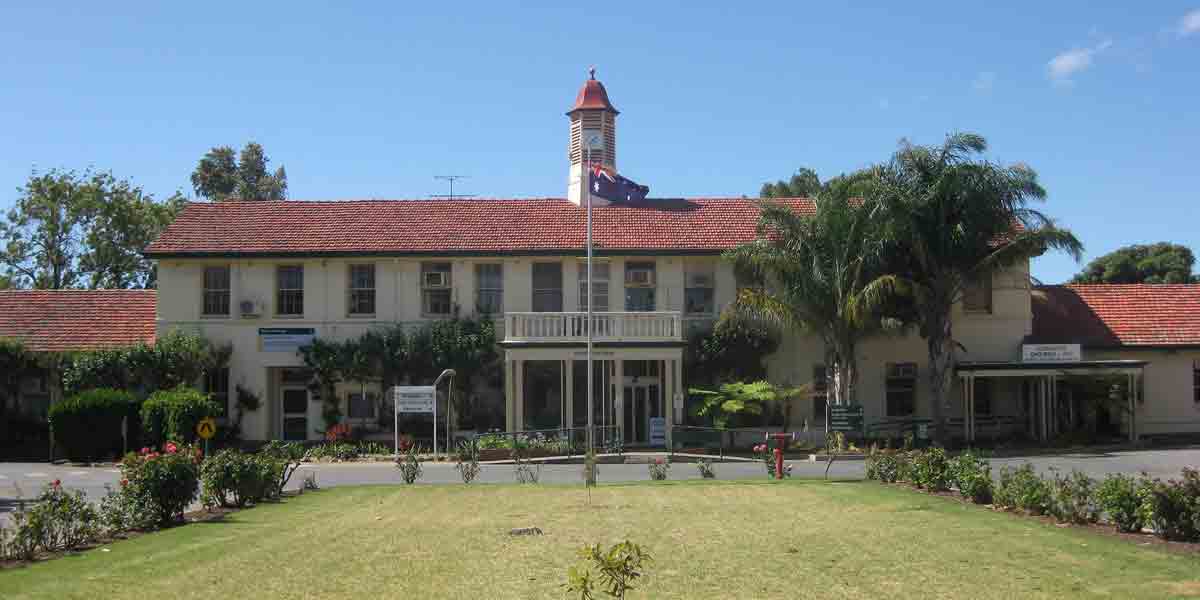Repat closure a looming catastrophe

There are many questions remaining about Transforming Health - particularly the future of services currently provided through the Repat. Photo: Nat Rogers/InDaily
The closure of the Repat will damage health services for thousands of South Australians – not just veterans, argues Warren Jones.
The closure of the Repatriation General Hospital could be a catastrophe for public health in South Australia.
The serious consequences of closure of the Repat have been obscured by SA Health, relatively neglected by the media, and not appreciated by the thousands of patients whose access to health care will be seriously harmed by the decision.
No attempt has been made to inform the public about any realistic plans to accommodate the vast majority of services provided at the Repat.
The only information we have is that $160 million will allocated to new rehabilitation and psychogeriatric wards at Flinders Medical Centre, and a proposed off-site facility to replace Ward 17 for PTSD patients.
But part of the State Government’s carefully crafted obfuscation about the impact of the closure is the promulgation of selective solutions for the plight of veterans which, however important, obscures the future health needs of the 90 per cent of Repat patients who are civilians.
To date, there are 170 beds at Repat for which no replacements have been announced.
These include beds for general medicine, geriatric medicine, surgery and palliative care.
It remains unclear whether the Government has any workable solutions for this shortfall.
One of the most critical deficiencies created by the closure of the Repat will be in surgical services, due to the loss of beds, as well as operating theatre and day surgery facilities.
In orthopaedics and urology alone, there are more than 2500 procedures performed at the Repat each year, representing 25 per cent of the metropolitan workload in these areas, and more than the annual load at the Royal Adelaide Hospital.
This is in addition to 604 procedures in general surgery, 665 in plastic surgery and 340 in ophthalmology.
Every year, there are around 1800 transfers from Flinders to the Repat.
This serves as a safety valve for overflow and convalescing patients.
These patients will require hospital or “step down” accommodation somewhere, but where?
Moreover, in 2013-14, there was a total of 136,693 outpatient attendances at one or more of 51 different services or clinics at the Repat.
The ease of access and convenient parking for the many old and frail patients attending this facility cannot be replicated at Flinders, despite the promise of a new carpark.
How will this additional patient load be accommodated in already overcrowded clinics at Flinders?
In addition, there are many hundreds of patients who attend specialist services in neurology, vascular surgery, respiratory medicine, cardiology and ophthalmology. They too will have restricted options for their future specialised health care needs.
The only conclusion to be drawn is that the Government has a totally unrealistic hope that the masses of abandoned Repat patients will either find their way into the private sector or will be accommodated by Flinders Medical Centre increasing its efficiency by 30 to 50 per cent – an impossible task.
Discharge planning at Flinders has been refined and improved over the past decade – there is no room for further gains.
Equally, structural and functional rationalisation of surgical services towards day cases has advanced over the years. There is no slack there either.
The Transforming Health review recommended the closure of the Repat: the Minister for Health and his advisers must provide answers to critical questions about its effects.
The public at large, and particularly the patients and their families in Adelaide’s south, deserve answers to these important questions as a matter of urgency.
Warren Jones AO is an Emeritus Professor at Flinders University and a former head of obstetrics at the Flinders Medical Centre.





